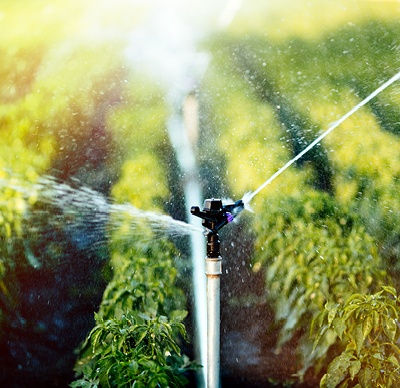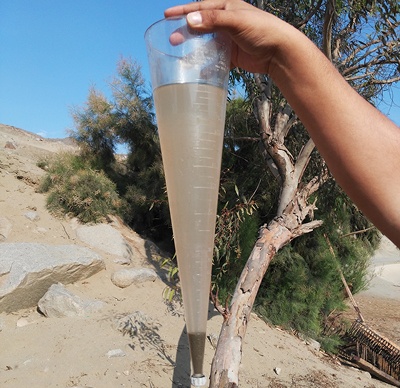
How to choose the most suitable filter for your irrigation system

Choosing the most suitable filter for your irrigation system is not a simple matter. Here are some things to keep in mind when you determine which filter is best for your irrigation system.

Emitter nozzle diameter
Remember the 1:10 Rule of thumb! We want the water passage size in the filter to be 10% of the water passage in the irrigation emitter.

Water quality
Conduct a physical and chemical analysis of the irrigation water. It’s important to understand what types of solids are in the water, pH, salinity level and metals concentration. The most common parameter for selecting an agricultural filter is TSS (Total Suspended Solids).
Media filtration
The water passes through a granular filtration medium to filter out suspended solids. This is a very reliable method, but it is relatively expensive, requires a bigger footprint and needs a more water for back flushing.


Screen filtration
Water passes through a screen cylinder and suspended particles that are larger than the screen’s holes remain inside the cylinder. This is a cost-efficient method, requires a small amount of water for back flushing, is easy to maintain and has a small installation footprint. It is less efficient for water with a high TSS concentration.
Disc filtration
Fills the gap between media and screen filtration systems. It is made of flat discs with labyrinth canal shapes that are stacked on top of each other. This creates a narrow channel for filtration depth. This is a good and cost-efficient solution for water with a high organic load; but requires a bigger footprint and higher maintenance demands.


Hydro-cyclone
This method is used for irrigation water with high quantities of sand. It is solely used to separate the sand from the water based on water flow velocity created by pressure difference. In these scenarios, it is a cost-effective method to use.
Rivers and tunnels
The quality of water varies throughout the year. Design the system based on the high load water quality throughout the irrigation season.


Well water
The most relevant issue with well water is sand.
It is recommended to use a hydro-cyclone filtration system for well-water applications to remove up to 95% of the sand. Downstream of the hydro-cyclone a screen control filter should be installed to filter the remaining sand.
Reservoirs
The main challenges with reservoir water are algae and organic matter. For reservoir water, the solution can vary between screen, disc or media filtration depending on the changing load of organic matter.


Distributing network water
National or regional water suppliers usually provide filtered water but the pipes are long and stones sometimes enter them during repairs. It is recommended to install an Inline strainer on the entrance to the Irrigation main head. Screen filters can also be used to handle big particles or debris in the pipeline; and disc filtration can be used when the supplied water is not treated well and may contain organic matter.
